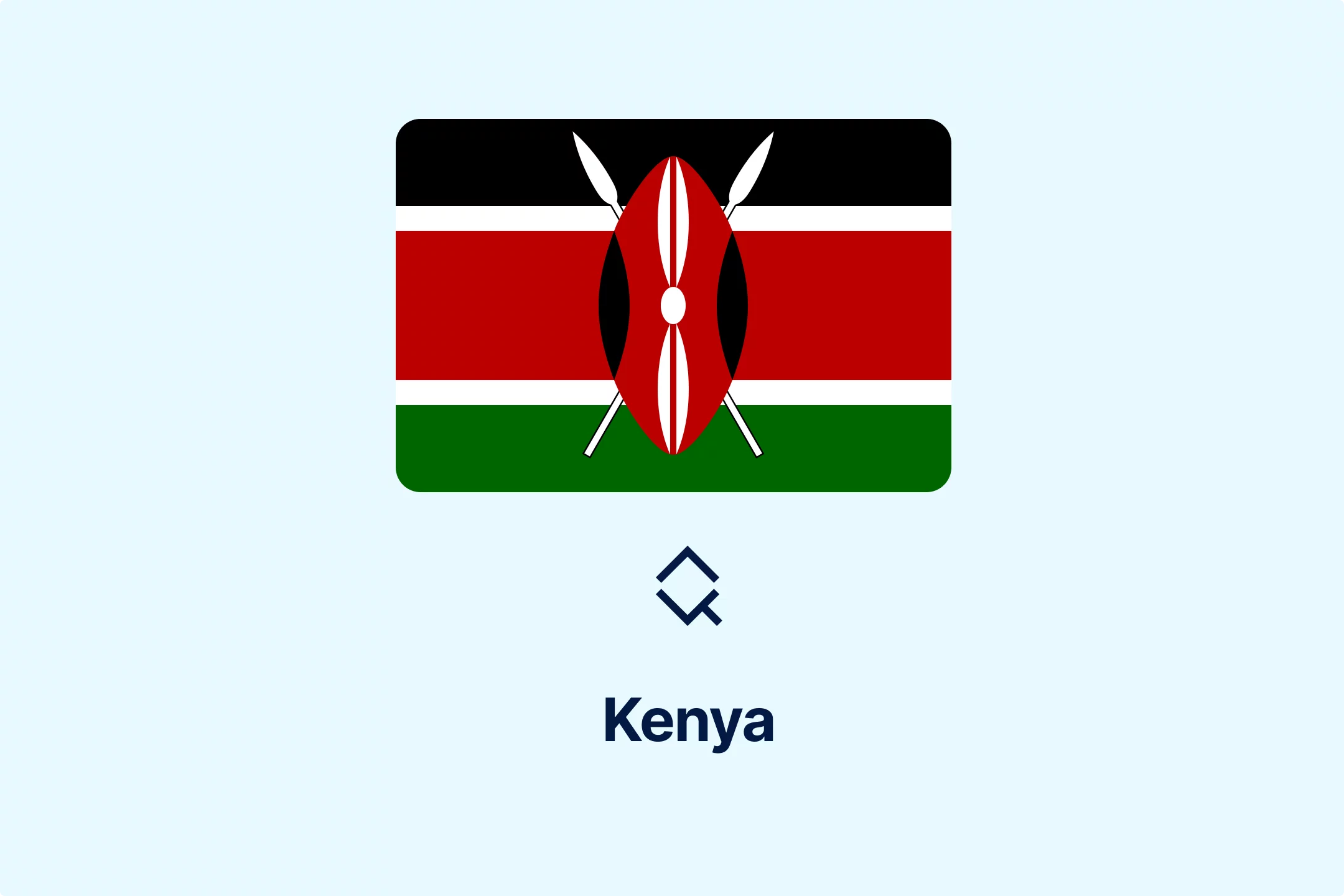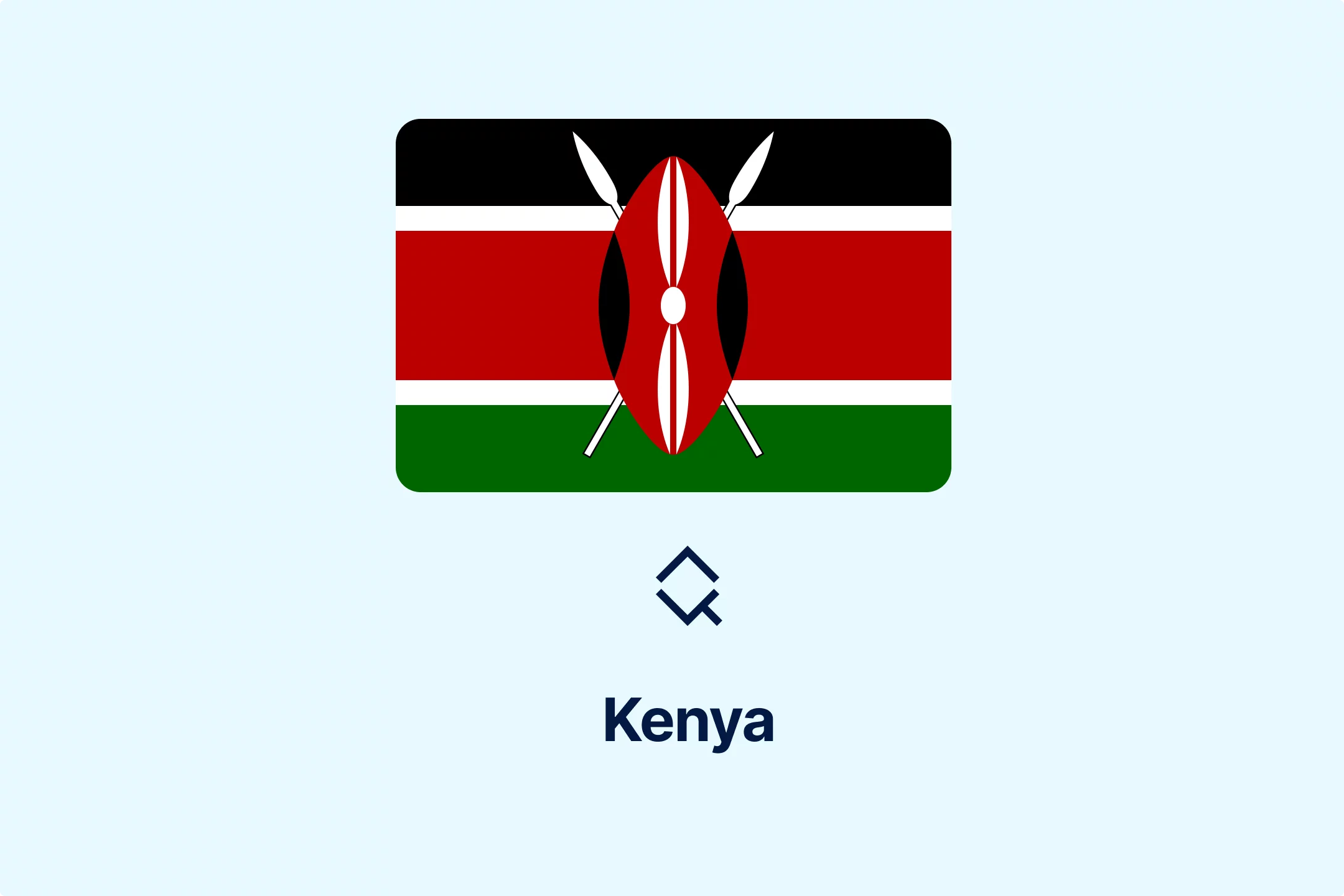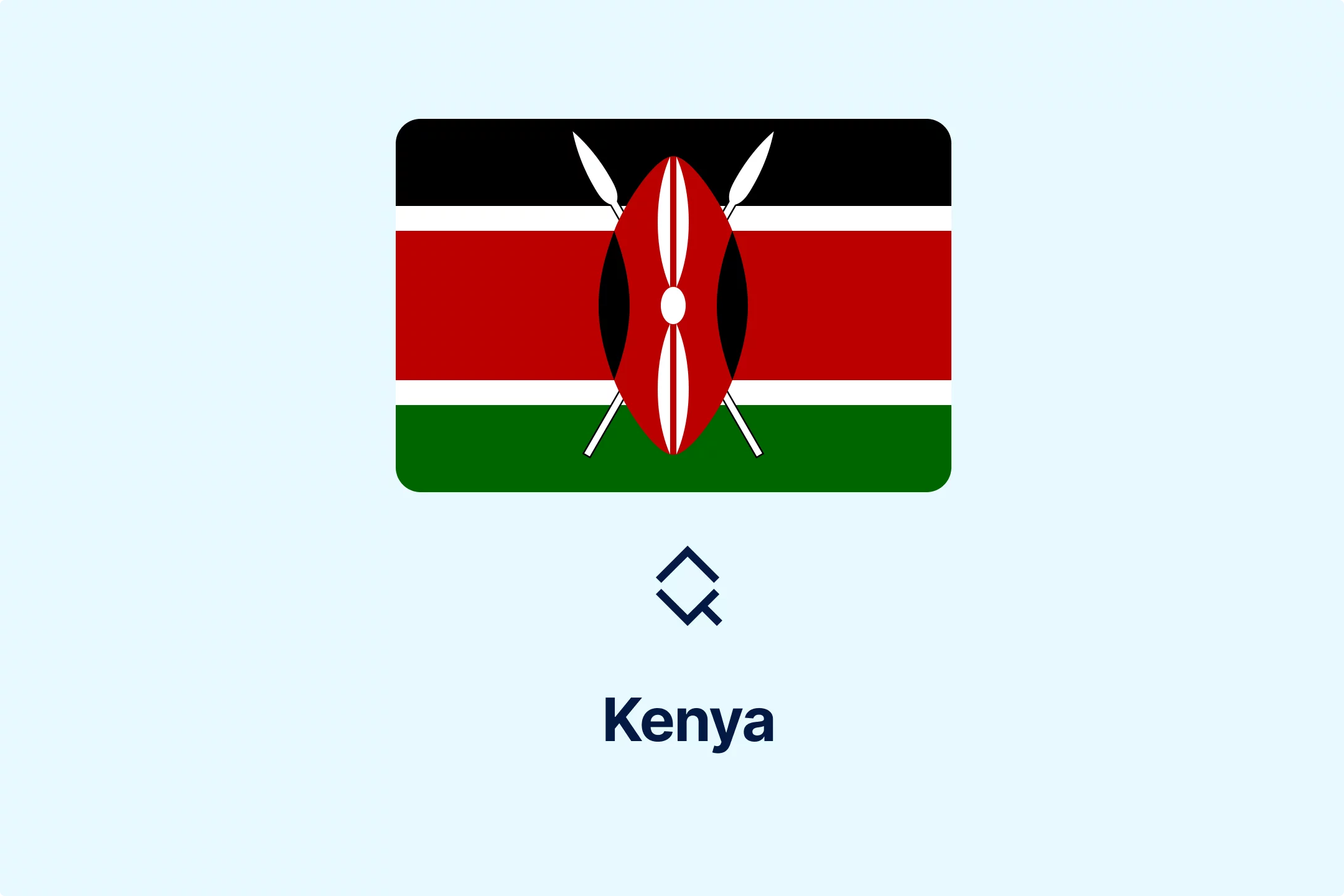Kenya's 2024 Tax Law Amendments: Key Changes and Implications for Digital Economy

In October 2024, the Kenyan government introduced significant proposals aimed at amending the country's tax framework to enhance revenue collection, streamline tax processes, and align with international standards. These proposed changes are encapsulated in the Tax Laws (Amendment) Bill, 2024. Some of the most notable amendments include tax on content monetization, the introduction of excise duty on excisable services provided by non-residents, and the introduction of a Significant Economic Presence (SEP) tax. Here’s a detailed look at some of the proposals:
1. Content Monetization and the Digital Economy Key Definitions
The Kenyan government has proposed new tax rules targeting businesses involved in content monetization. As digital platforms continue to expand globally, content creation and distribution have become central revenue streams for many entrepreneurs, influencers, and media companies. Kenya is looking to tap into this growing sector by ensuring that content monetization is appropriately taxed.
The amendments are designed to impose tax obligations on digital platforms and content creators who earn income through online channels such as advertising, streaming services, and other digital services.
The definition of the phrase “digital marketplace” The phrase “digital marketplace” is currently defined in the Income Tax Act to mean “an online or electronic platform which enables users to sell or provide services, goods or other property to other users”. It is proposed to amend the definition of the phrase to include specific examples of digital services such as “ride-hailing services, food delivery services, freelance services, and professional services”.
Definition of royalty, the bill proposes to amend the definition of royalty to include ‘any software, proprietary or off the shelf whether in the form of licence, development, training, maintenance or support fees and includes the distribution of the software’.
2. Excise Duty on Excisable Services Provided by Non-Residents
Another critical proposal in the Tax Laws (Amendment) Bill is the introduction of excise duty on services provided by non-residents to Kenyan consumers. This provision targets foreign businesses that provide services deemed to be excisable in Kenya, such as money transfer and telecommunication services. This adjustment will also level the playing field, as both local and international service providers will be taxed in a similar manner.
3. Significant Economic Presence (SEP) Tax
The SEP tax proposal is perhaps the most far-reaching of the proposed amendments. It seeks to introduce a tax regime based on "Significant Economic Presence" (SEP), which targets foreign companies with substantial economic activity in the country, even if they do not have a physical presence.
This is to ensure that multinational corporations pay their fair share of taxes in countries where they generate substantial revenue, in line with international tax standards such as those set by the OECD. Under this proposal, foreign companies that have significant digital transactions or provide digital services to Kenyan consumers could be required to pay taxes in Kenya, even if they do not have a physical office or operations within the country. The tax would be based on factors such as the level of revenue generated from Kenyan consumers, the volume of transactions conducted, and other measures of economic activity.
Implications and Challenges
The proposed tax on content monetization will impact influencers, advertisers, and content creators, requiring them to report income earned through online platforms. This change aims to bring digital revenue under Kenya's tax framework.
The bill also seeks to clarify that digital platforms are considered a "digital marketplace" under the Kenyan Income Tax Act, ensuring they are subject to taxation. However, a proposal to tax software purchases as royalties deviates from international best practices, as the OECD model typically does not classify software purchases as royalty payments unless the software is commercially exploited.
The introduction of SEP tax targets foreign companies that generate significant revenue from Kenyan consumers. While this will help Kenya capture more tax from the digital economy, it could also create challenges, such as enforcing tax obligations for foreign companies and preventing double taxation.
Overall, while these amendments aim to modernize Kenya’s tax system, they raise concerns around tax jurisdiction, compliance, and potential disputes, especially for multinational digital businesses.
Conclusion
The proposed amendments represent a notable step towards modernizing Kenya’s tax system, particularly in the face of the growing digital economy. By introducing taxes on content monetization, excise duty on foreign services, and the SEP tax, it aims to ensure that the tax regime remains relevant and capable of capturing value from a rapidly evolving global marketplace. While these changes may create new compliance challenges, they also present opportunities for the government to expand its revenue base and reduce reliance on traditional sources of taxation.
As this bill progress through the legislative process, businesses, especially those operating in the digital space, should prepare for these changes to ensure they are compliant with the new tax obligations if the proposals are enacted.
Sources:Kenya National Assembly, Bowmans Law

Featured Insights

Nigeria VAT Compliance: TaxPro Max Explained
🕝 March 3, 2026More News from Kenya
Get real-time updates and developments from around the world, keeping you informed and prepared.
-e9lcpxl5nq.webp)









-1lfl8tbv0h.webp)




.png)
